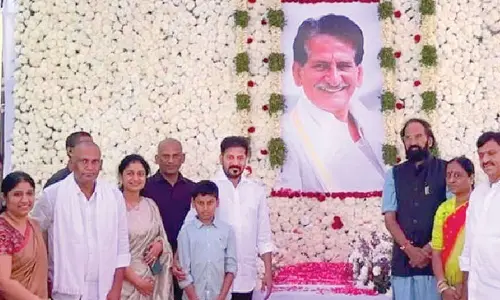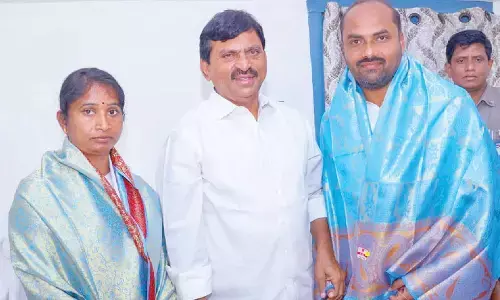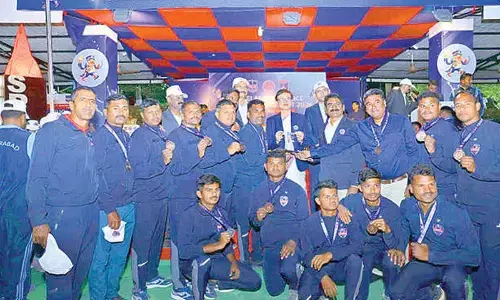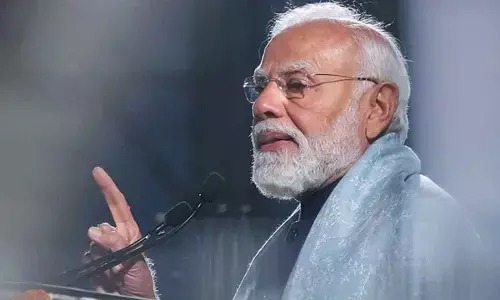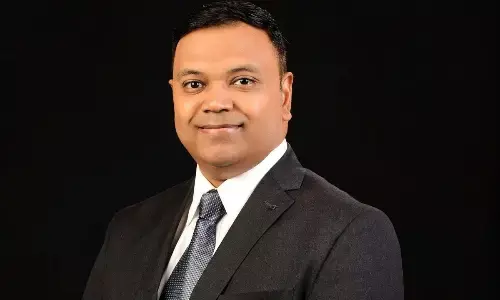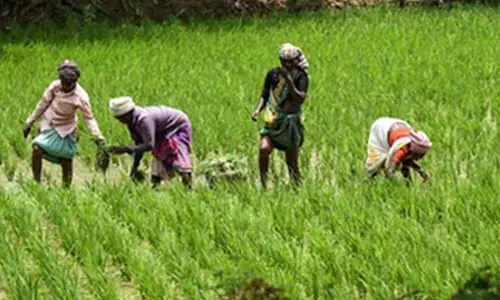ASEAN-India ties set for major leap
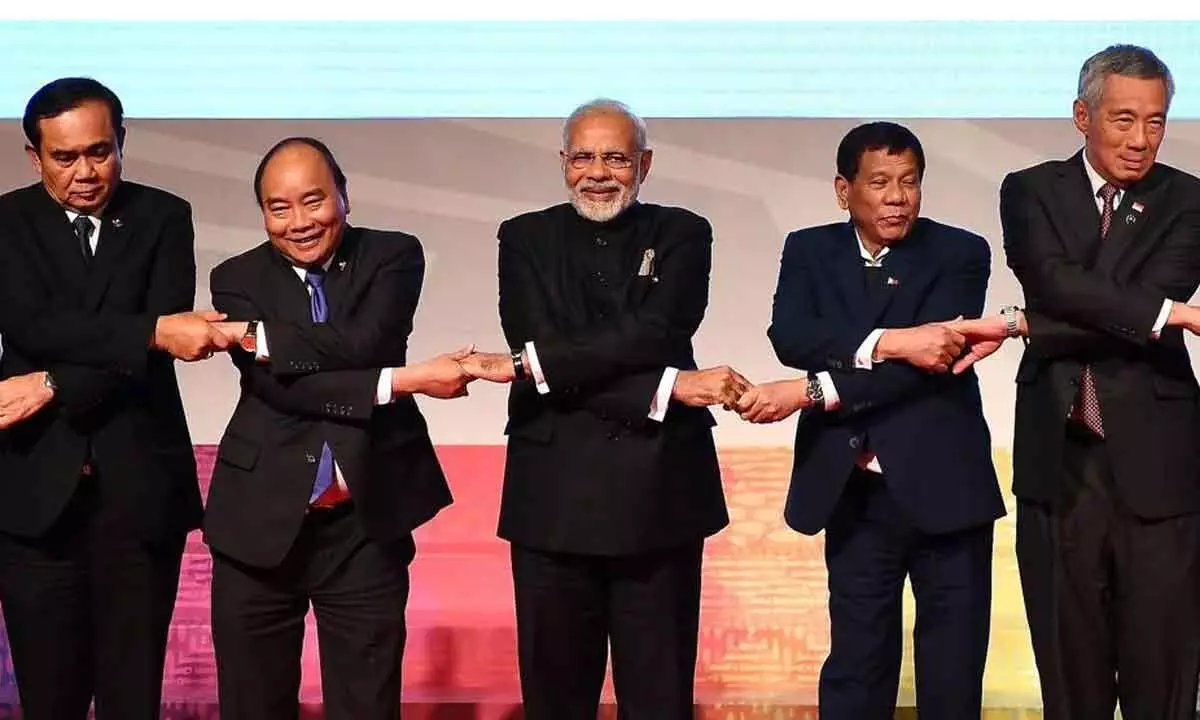
Ahead of the G20 Heads of State and Government Summit in Delhi on September 9 and 10, Prime Minister Narendra Modi is visiting Jakarta from September 6 to 7 for the ASEAN-India and the East Asia Summit to bolster both trade security ties with the Association of Southeast Asian Nations. This is the first time India will be attending the ASEAN summit after its elevation to the comprehensive strategic partnership with the key bloc. At the East Asia Summit, along with 10 ASEAN members, 8 more including China, Russia and Quad group (Australia, India, Japan and US) will discuss regional and global issues. ASEAN dialogues will essentially centre on ‘ASEAN Matters: Epicentrum of Growth.’
PM Modi certainly deserves credit for India’s greater standing in the comity of nations and for his muscular approach to multilateralism as well as regional groups such as ASEAN, BIMSTEC, outreach membership in G8 etc. India stresses free air and maritime navigational access on high seas, and, for this, it even formed a QUAD along with Australia, US and Japan. Under Modi’s leadership, the ‘Look East Policy’ has morphed into a dynamic ‘Act East Policy’ in 2014, focussing on economic integration and security cooperation, too, aligning interests for a rules-based order in international waters in the Indo Pacific, specifically South China Sea.
ASEAN members like Brunei, Malaysia, the Philippines and Vietnam are sore over China’s unilateral actions in the disputed waters of SCS. However, it is much appreciable that India would not like to be seen as a pivot for any global force against any one country. It is considerably invested in the region as half of world’s merchandise exports pass through it. Hence, it seeks to expand its ties with the bloc members in a common pursuit of peace and progress.
India has much to catch up with China in engaging with the ASEAN region as two-way merchandise trade between ASEAN and India was around $77 billion compared to ASEAN-China trade of $507.9 billion in 2019. It needs to address any trade irritants and indirect flooding of its market with Chinese goods from ASEAN members. India’s independent and assertive stance on not taking any sides in the Russia-Ukraine war and opposing sanctions against any one side in any rivalry has earned it kudos. Southeast Asian countries are keen on relying on such a country to help frustrate any warmonger efforts by China. Here, India should be aware that no matter what concerns ASEAN members may have over China, its status as a predominant trade partner with the bloc may only go. It can, however, strive for a political-security community, by expanding its sphere of influence from Indian Ocean to Indo-Pacific region by expanding both its trade and security provisioning capabilities.
The summit offers India a great chance to expand its ties in the Asian region; nevertheless, it must take into account growing concerns in some quarters there about the rise of Hindu nationalism and Islamophobia in the country, which impede efforts to deepen social, economic and cultural ties. It needs to view with trepidation as how its reputation of being a peaceful and friendly nation is being undermined by religious nationalism. This is a major irritant at a time when Asian nations are looking for ways to hedge against any uncertainties resulting from US-China strategic rivalry.


